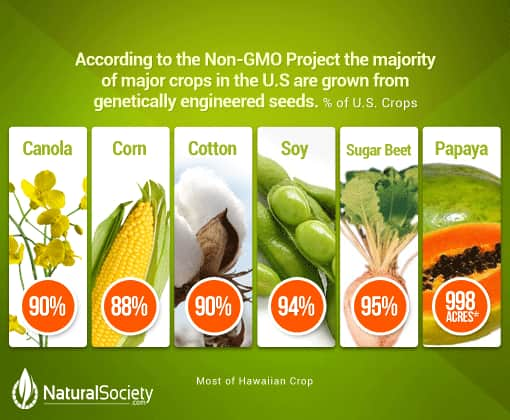It’s not just chlorinated chicken or GM beef to look out for - it’s pretty much everything:
Shame on Kier Starmer and his ilk!
It’s not just chlorinated chicken or GM beef to look out for - it’s pretty much everything:
Shame on Kier Starmer and his ilk!
Mate!
I don’t celebrate social media but if the orange buffoon is cordially invited to my country on a state visit then I’m certainly going to take to the streets!
Who says we’re getting us food…?
And it’s going to get much worse, now that the FDA and the EPA are getting gutted.

![]()
It’s okay Alice, I don’t eat any of those things… ![]()
This daft refusal to accept the so called “chlorinated chicken” is probably why the UK is famous for its Salmonella Chicken.
It is just a way of killing salmonella.
Salmonella is far more common in the US than in the UK. They replace hygiene protocol with chlorine rinses.
Don’t tell me they use chlorine on chickens in Australia too Bruce!? ![]()
Edit: Just checked and it appears they do! ![]()
And we drink chlorinated water too just like you.
I don’t (I don’t even cook with tap water).
No matter what you eat it still leaves the body the same way. Sometimes with a distinct aroma
the issue isn’t just the chlorine rinse Bruce, it’s the lax conditions the birds are permitted to be reared in.
This article is from 2020 but I doubt anything has changed in the US (see section on “living conditions for chickens”) in the US they do not have to clean out sheds between flocks so chickens are raised on layers of dirt. Probably why they have to rinse them. It’s enough to make anyone want to be vegetarian.
do you use well water?
To be quite frank I don’t think the country that gave the world mad cow disease and salmonella eggs and chickens is in any position to criticise the food standards of any country.
The outbreaks of all these diseases will be why we now have such stringent meat production laws (that & the EU lot). A lot of this is also linked to animal welfare regs, which came into force after years of pressure. Of course producing chlorine rinsed chickens, when the farmers don’t have to worry about the cost of welfare & hygiene will lead to cheaper meat flooding the UK market.
I don’t Annie, I just use bottled mineral water (I buy the packs of 4x2ltr). I would love to drill a bore hole though - you can get DIY kits, and you’re allowed to legally draw something like 10,000 litres a day which is more than enough for most households.
Drilling kits:
This one has video instructions:
And the pump kit:
Sorry but that just isn’t the case as far as I can see all legislation to do with BSE is retoactive ie after the animal dies. There have even been a couple of cases of BSE within the last 12 months in the UK.
Current UK laws regarding poultry seem to be more to do with avian flu than salmonella
As for the EU, surely the whole Idea of leaving was to “take back control”, to prevent them imposing legislation and food standards on the UK.
When people don’t even trust the tap water in the UK then again you have to wonder about food standards…
On the bright side the UK Australia FTA stipulates that there can be no regression on animal husbandry laws.
my understanding is that there is a vaccination programme for salmonella. Changes were introduced following the 80s outbreak. Clearly in the 80s there were problems here, which resulted in a whole raft of new legislation and checks.
Really what we should be looking at is the level of consumption of chicken, the conditions these poor animals are reared in and the fact that people take for granted that what ends up on their plate has gone through a gruesome process to get there. There is a chapter about working on an English chicken farm in “Two Caravans” by Marina Lewycka, which would put anyone off eating chicken.
Although interesting, I’m not sure how your points support the import of cheap US chicken into the UK, which is reared in unknown conditions & then sterilised.
No, that is not correct. The principle cause of BSE was feeding processed animal products to cattle. After the BSE outbreak this was banned. I think feeding typically happens in the months and years prior to slaughtering, rather than afterwards.
Even with this ban the parts of the animal most prone to the prions (specific proteins) were not allowed to enter the animal or human food chain - and are removed and destroyed. I think this is action you are referring to.